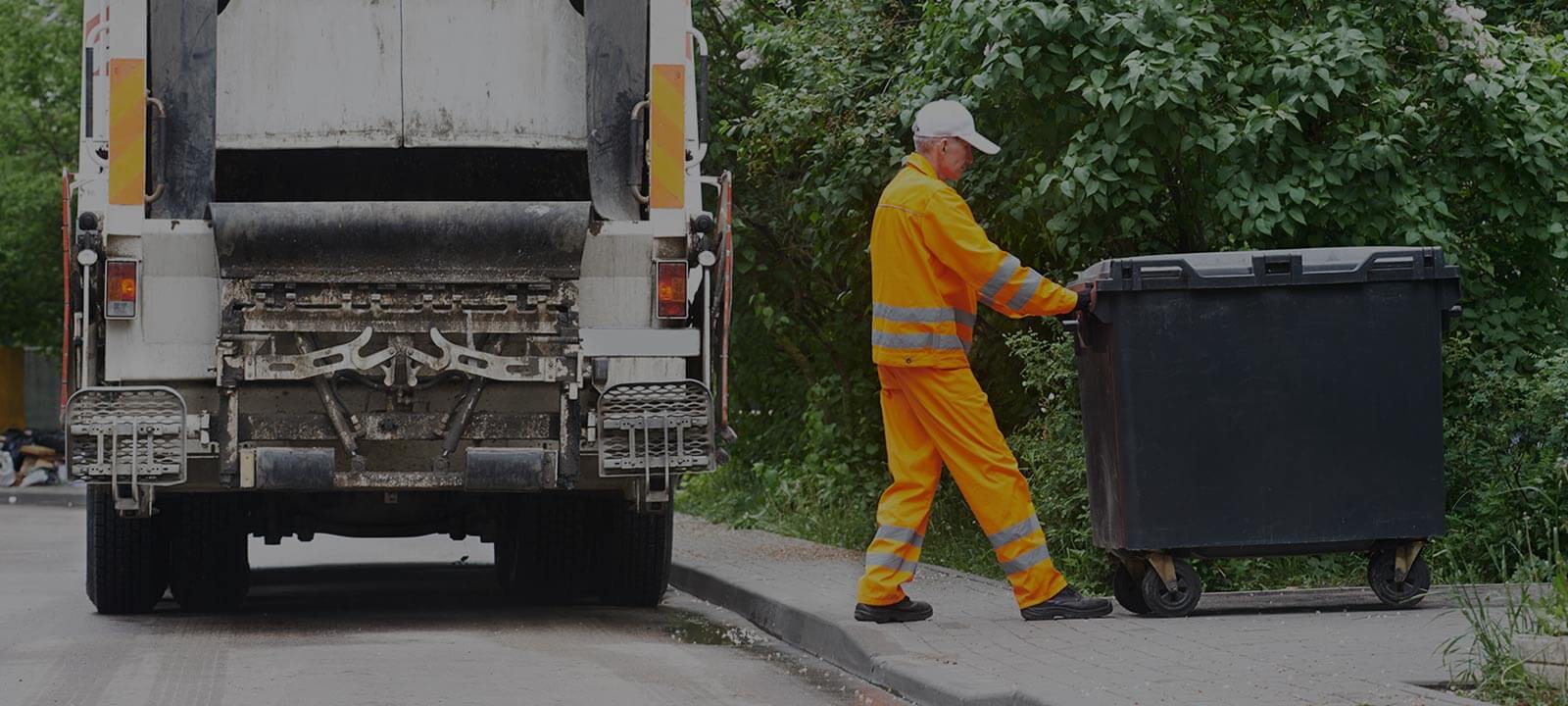Plastic Substitute: Choose Bamboo
Posted on 26/03/2025
With the ever-increasing impact of plastic pollution on our oceans, wildlife, and overall ecosystem, it's high time we explore and embrace sustainable alternatives. One of the most promising substitutes for plastic is bamboo. This versatile plant not only offers a range of benefits but also serves as a viable solution to reducing our dependence on plastic. In this article, we'll delve into why you should consider choosing bamboo as a plastic substitute.
Bamboo: An Environmentally Friendly Option
Bamboo is often praised for its eco-friendly attributes. Unlike plastic, which takes hundreds of years to decompose, bamboo is a natural material that is biodegradable and can break down within months under the right conditions. This significantly lessens the adverse environmental impact that comes from plastic waste.
Further, bamboo requires minimal resources for cultivation compared to traditional timber or synthetic materials. It grows rapidly, often reaching full maturity within three to five years, unlike trees that can take decades. This quick growth cycle makes bamboo a highly renewable resource. Additionally, bamboo requires little to no pesticides or fertilizers, and it can thrive in varying climatic conditions. These qualities make it a more sustainable and environmentally-friendly option when compared to conventional plastic.

Versatility: Bamboo Products That Can Replace Plastic
One of the most compelling reasons to choose bamboo as a plastic substitute is its versatility. This plant can be transformed into a myriad of products, thereby reducing our need for plastic. Below are some common bamboo alternatives to everyday plastic items:
- Bamboo toothbrushes: Replace your plastic toothbrush with a bamboo one. Not only is it biodegradable, but it also offers the same functionality.
- Bamboo cutlery: Swap out disposable plastic cutlery for reusable bamboo knives, forks, and spoons.
- Bamboo straws: Instead of single-use plastic straws, opt for reusable bamboo straws.
- Bamboo storage containers: Use bamboo containers instead of plastic for storing food and other items.
- Bamboo fabric: Clothes and linens made from bamboo fibers are biodegradable and have a lower environmental footprint compared to synthetic fabrics.
The Economic Impact of Choosing Bamboo
Switching to bamboo products can also have positive economic implications. The global demand for eco-friendly products is on the rise, and bamboo can play a significant role in meeting this demand. By investing in bamboo cultivation and manufacturing, new jobs can be created in both agriculture and the manufacturing sectors.
Moreover, this increased demand and subsequent production can lead to innovations in sustainable agriculture and business practices. For developing countries where bamboo is native, such opportunities can spur economic growth and development. Thus, by choosing bamboo as a plastic substitute, both the environment and the economy can benefit.
Enhancing Public Health by Reducing Plastic Use
Use of plastics poses several health risks due to the toxic chemicals used in their production, such as Bisphenol A (BPA) and phthalates. These substances can leach into food and beverages, leading to various health problems, including hormonal imbalances and increased risk of certain cancers. By opting for bamboo alternatives, we can significantly reduce exposure to these harmful chemicals.
Additionally, bamboo itself has natural antibacterial properties, which make it a great choice for products like toothbrushes, cutting boards, and even fabrics. This inherent quality not only eliminates the need for chemical treatments but also contributes to better public health outcomes.

Challenges and Future Prospects
While bamboo offers numerous advantages, it's essential to acknowledge the challenges associated with its widespread adoption. For instance, the initial cost of bamboo products can be higher than their plastic counterparts, which may deter some consumers. However, as the demand for bamboo products grows and more investment is funneled into this industry, the cost is expected to reduce over time, making it more accessible to the average consumer.
Furthermore, there are still technological and logistical hurdles to overcome. Efficient harvesting techniques and innovative manufacturing processes need to be developed and scaled up to facilitate the mass production of bamboo products. Research and development in this field are crucial for making bamboo a mainstream alternative to plastic.
Despite these challenges, the future of bamboo as a plastic substitute looks promising. Governments, organizations, and consumers are increasingly recognizing the need for sustainable alternatives, and bamboo is well-positioned to meet this demand.
Conclusion
As the urgency to find sustainable alternatives to plastic intensifies, bamboo emerges as a robust and versatile option. Its environmental benefits, coupled with its economic and public health advantages, make it an ideal candidate for replacing many plastic products. While there are challenges to overcome, the potential rewards for our planet and future generations are substantial. By making conscious choices and opting for bamboo-based products, we can collectively move towards a more sustainable and healthier world.
In summary, the next time you find yourself reaching for a plastic product, consider the impact of that choice and explore bamboo alternatives. From toothbrushes and straws to clothing and storage containers, making the switch to bamboo can make a significant difference. So, why not choose bamboo and contribute to a more sustainable future?
Latest Posts
Reusing for Resource Conservation
Industry applauds government's dedication to improving e-waste recycling practices






